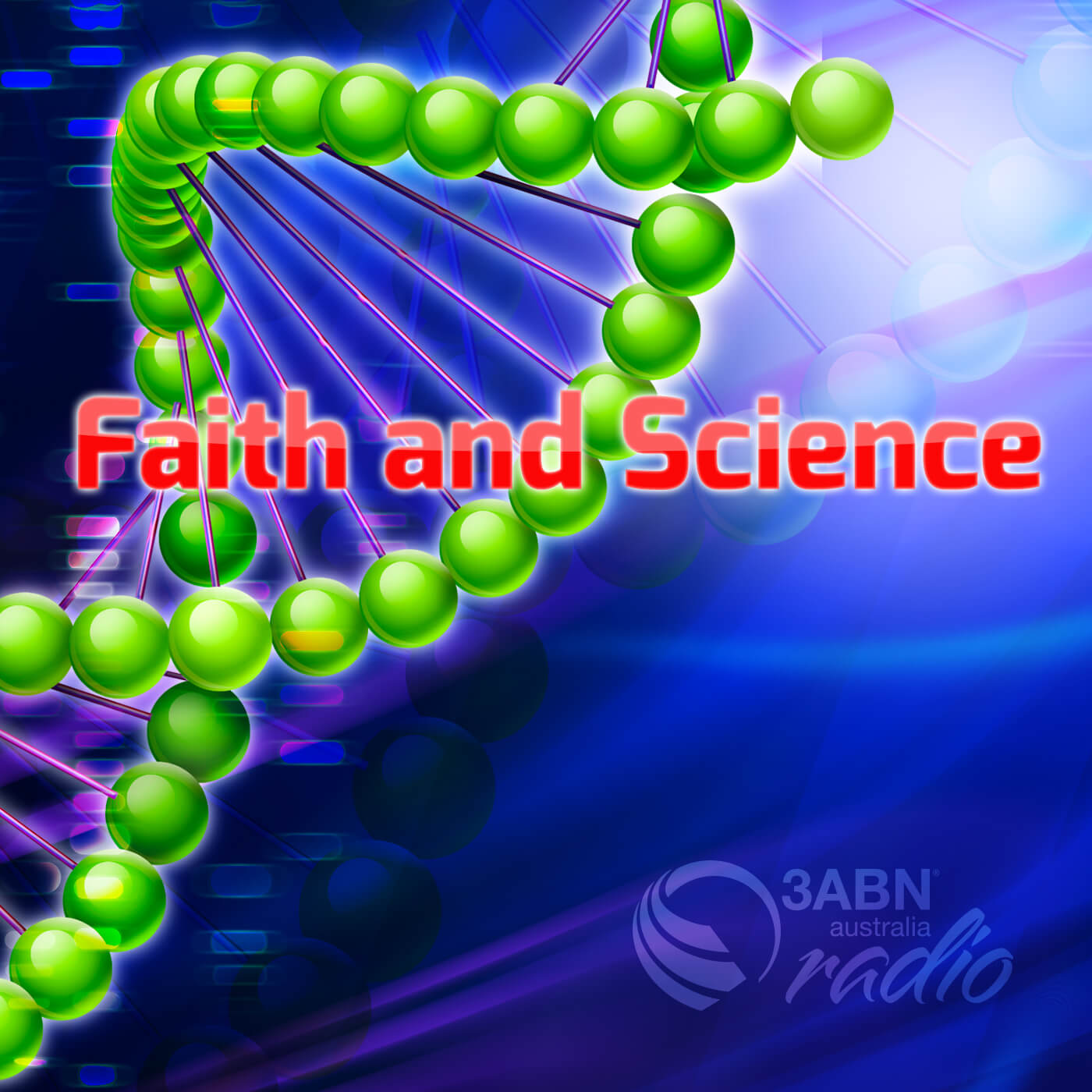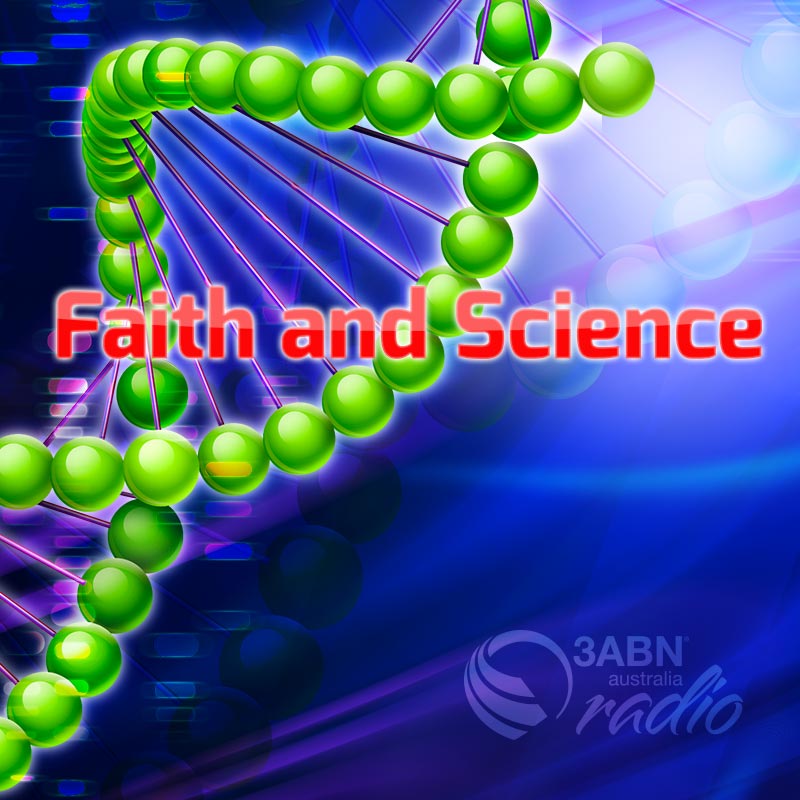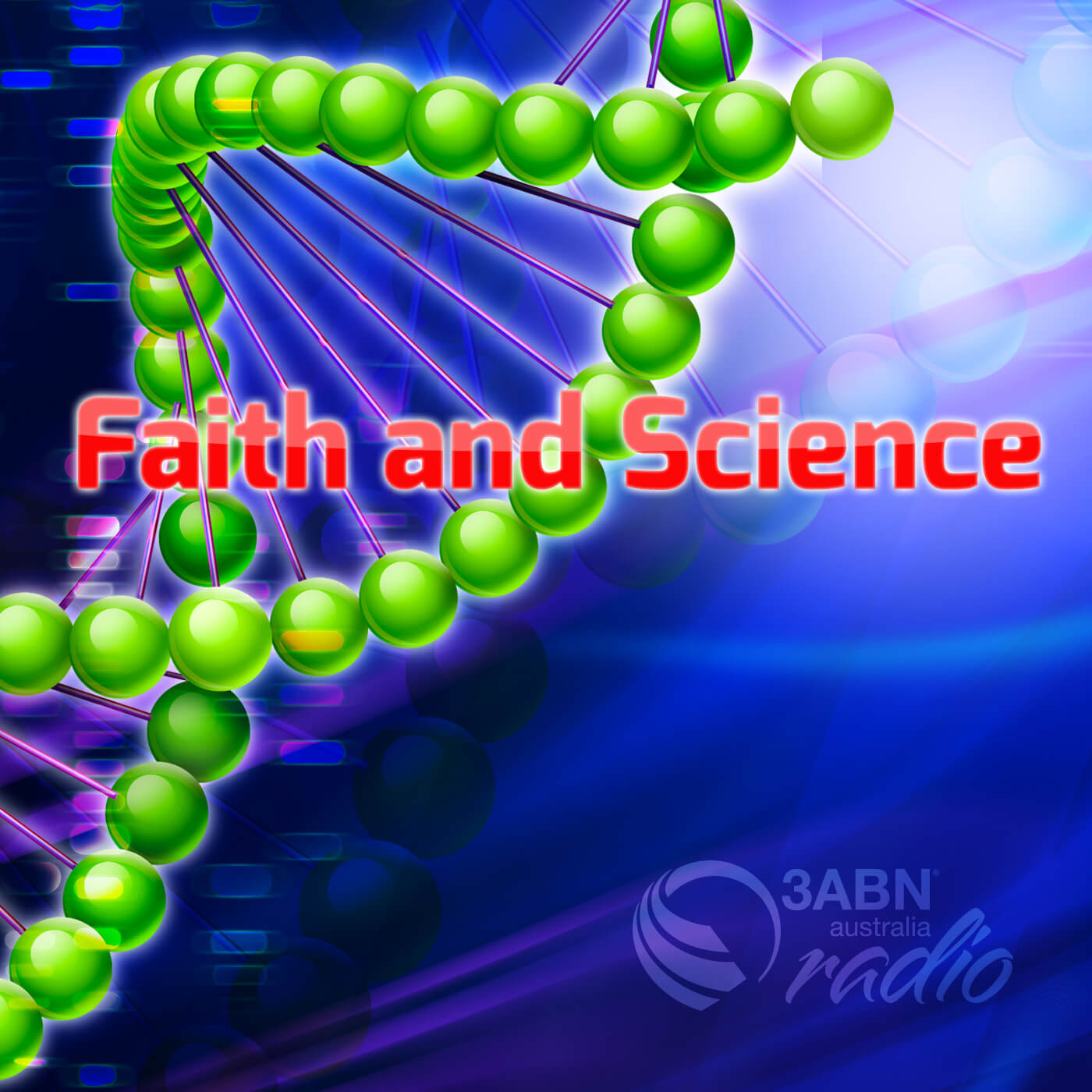Episode Transcript
Welcome to faith and science. I'm Doctor John Ashton. I think one of the most obvious and also most convincing examples that evolution cannot explain the origin of ourselves, of humans and life on earth is the brain.
Particularly the brain in vertebrates, and particularly the brain in humans. And one of the reasons for this is that the brain contains organs that control and regulate other parts of the body. So you have a control system.
And one of the ones that I find most fascinating or very fascinating is the hypothalamus. Now, the hypothalamus has a function of regulating certain metabolic processes and other activities in the autonomic nervous system. So that's our nervous system that controls our breathing and heart rate and this sort of thing that we don't think about.
These are the automatic processes in our body that, you know, keep us alive. But this particular organ also synthesises. And this is very important and secretes certain neurohormones.
So it involves, within this organ, there are certain biochemical processes, that's chemical reactions that take place that actually make compounds and that we call, for example, in this case, neurohormones. And these are sometimes called releasing hormones or, of course, the hypothalamic hormones. And these, in turn, either stimulate or inhibit the secretion of hormones from the pituitary gland.
So here we see a system of regulations of regulatory processes and systems that are in place now, when you have to regulate something to make other things work and to have other things in balance and release at just the right time and so forth, such as processes within reproductive cycles and so forth, like the menstrual cycle and this sort of thing, you can't have. These regulations arise by blind, random mutations to the DNA code. But all these processes are controlled by the code.
The DNA code that actually encodes for as the human or as the. As we're developing from our gamete cells, from a little embryo, then as the body grows and the hypothalamus develops, then all these components are encoded for in our code. Now, what evolution has to claim is that the code to make all these amazing components that make up this particular little part of our brain that also has this amazing biochemistry, which is extremely complex biochemistry, by the way.
We're still working on understanding some of the processes and how they work and how they regulate things. It's so complex to imagine that this arose by blind, random changes to this very complex code that resulted over time. Because these changes are all coordinated, they fit, they reek of design.
So in industry and I work for a large manufacturing company where we actually design and build machines that we use in manufacturing. And we have a team of engineers that design these. And we have a whole lot of control systems that are built in there.
And some of the control systems are so complex that we buy them from other companies that have other specialised engineers that have worked in teams that have designed these control systems so that they can work. And then we again install them so that they work. In our particular type of machines and manufacturing machines.
The same thing occurs in our brain, these processes that regulate these other parts of the body. And it's, for example, the hypothalamus controls our body temperature. And again, that has to be regulated, again, according to the environmental factors that we're exposed to.
We've got to keep it at a particular temperature. And all this all wreaks a specific design. It helps control hunger, the sort of hormones and that are related to hunger and the desire to eat and so forth, and not eat.
And also it involves release of hormones that are actually involved with maternal attachment behaviours. And I'll talk about that in a little bit. Things like thirst, our fatigue, sleep, circadian rhythms, and even social behaviours such as sexual behaviours and aggressive behaviours are all regulated by hormones.
And the levels of hormones and the levels of these hormones are regulated appropriately within the hypothalamus. Now there's a whole lot of the hypothalamus is divided into four regions that have a number of names. But I've got a list here that I've looked at of the types of different cells that are within these different areas of this tiny little organ, the hypothalamus.
So you've got the preoptic nucleus and that's involved in thermoregulation of the body. Then you've got the ventolateral and preoptic nucleus, which involved with sleep. You've got another one, what they call the medial preoptic, which is related to the release of the sex hormones at the appropriate time and helps control a whole lot of the sexual reproductive functions.
Then there are a whole lot of other, for example, compounds that are released. There's the vasopressin and oxytoxin release. Now this is an interesting one.
There are many more that I could go to, like the thyrotropin releasing hormone and so forth. Whole lot of these different releasing hormones that are involved. A whole list of them that relate to sweating and circadian rhythms, blood pressure, heart rate, satiety and so forth.
But when we dig down deeper into this, if we look, for example, at oxytocin and vosopressin, those hormones are released by the pituitary gland. But again, their regulation, as I said, is controlled here in the hypothalamus. And this is where this particular peptide is actually synthesised.
And it's synthesised from a precursor protein that comes from the OXt gene. And this precursor protein also includes an oxytocin carrier protein called neuroficin. And it's interesting, the inactive precursor protein is then involved in a chemical reaction where it's progressively hydrolyzed into smaller fragments, one of which is that neuroficin.
And this is via, again, a whole series of enzymes. And the last hydrolysis releases the active oxytocin as a nonapeptide. And that is catalysed.
Again, that reaction requires a catalyst to make it go. And that's by quite a long compound that will abbreviate Pamdenne. But the activity of the PAM enzyme is also dependent on vitamin C levels.
So what I wanted to illustrate by this is that we can talk about, okay, that the hypothalamus involved in the synthesis of oxytocin, but there's a whole lot of biochemistry underpinning that, that is also controlled by enzymes and catalyst type compounds that are there. And these in terms are regulated by other factors, vitamins and so forth. Their chemistry is extremely complex to work.
And if some of these phases aren't there, it's not going to work and the whole process just breaks down. It's not going to be there. We've got to have this complete system.
And to me, this is just overwhelming, powerful evidence that we were created. There was a designer behind this amazing system. There was a designer that created the amazing DNA.
It's absolutely impossible for the DNA code to have a role evolved by natural processes in nature. We know the chemical reactions, for a start, require a living system environment for even the mutations to occur anyway, random mutations. To produce such complex systems, even over millions of years, you can do the stats never going to work, it's never going to happen.
In actual fact, the systems are so complex. And so to me, this is overwhelming, powerful evidence that we were designed by a creator. And this fits very much the account of the Bible.
And of course, the Bible talks about human behaviour which occurred down through history, which we, as we observed it, reflects real human behaviour. We have the prophecies in the Bible that were written hundreds of years before the events happened. And they were fulfilled in detail, whether you have the historical accuracy of the Bible.
So to me, the biblical account of the creator really fits. It's really the only way we can know from the creator. So we have the evidence that God pointed out within the Bible that he was the creator because he was going to reveal what was going to happen and he did, and those prophecies were fulfilled.
So that's why we can have the assurance that the Bible account is the true picture of the creator. And I think it is just so important that this message gets out, particularly to young people. Today.
People are being bombarded with all this evolutionary stuff isn't correct, it's not scientifically correct. The theory of evolution has been shown to be a false theory in terms of explaining the origin of life. So I would like to encourage you, as you watch these programmes and you learn the information, to particularly tell your friends and put up links on social media.
There's a lot of really, really good links out there. There's the programme, these faith and science programmes. If you go back through the programme, we've covered a great number of topics there and if you can share these things with people to encourage them that there is a creator God and that creator God wants a relationship with us and he has a wonderful plan for our future too.
You've been listening to faith and science and if you want to re listen to these programmes, remember you can google three ABN Australia and click on the radio button. And there are also some fantastic tv programmes too. I'm Doctor John Ashton.
Have a great day.
You've been listening to a production of 3ABN Australia radio.


